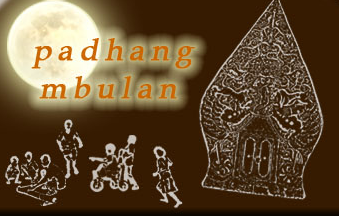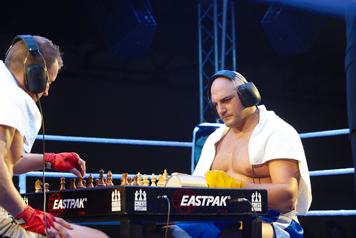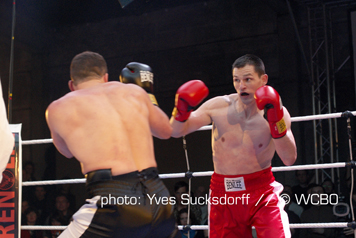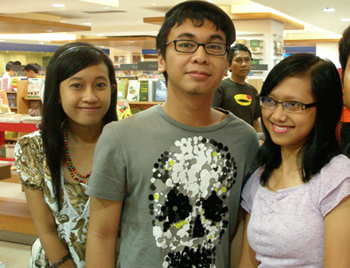Of numbers and users

Numbers are always fascinating, especially to researchers, because they seem so reliable and definitive. It's time to have another look at current internet user statistics in Indonesia.
The latest APJII figures (counting up to the end of year 2007) estimate 25 Million internet users in Indonesia. That makes about 10% of the population.
Of these 25 Mil., only 2 Million (8%) are actual subscribers to an ISP. Hmm. The remaining 92% then must be made up of an estimate of multiple users (at home, office, school/university), warnet/wifi users and GPRS /3G users. (unfortunately, APJII doesn't publish the details of this estimate)
As a comparison: in Germany, where about 60% of the population are online, ONLY 5.1% of internet users DO NOT have internet service at home. (This comes from a survey of tns infratest and the D21 initiative)
The figures clearly point to the persistently high importance of the warnet/internet café for Indonesian internet culture, as well as mobile internet services. Perhaps it's this technology that is most useful for Indonesia at the moment, where the special geography makes the progress in establishing a broadband cable network that reaches the outer ends of the archipelago slow.
As Reuters reports in June this year, Indonesia is the fastest growing market for 3G technology in South East Asia. With around 16.3 Million subscribers. The operators are Telkom Flexi (PT Telkom), StarOne (Indosat), Smart Telecom, Fren (Mobile-8 Telecom), Esia (Bakrie Telecom) and Ceria (Sampoerna Telekomunikasi Indonesia or STI). Do these make up the rest of the total 25 Million?
I'm not a numbers person. Numbers confuse me. 16.3 Million seems to be a lot, and Indonesia is the fastest growing market in SEA?! What I make of it is this: Indonesians want to be online, and they want it to be affordable and flexible. They don't want to wait for the colossal Palapa Ring project to be completed to get online. Mobile services might be the way t go.
texastee - 15. Aug, 16:35
1 comment - add comment - 0 trackbacks








